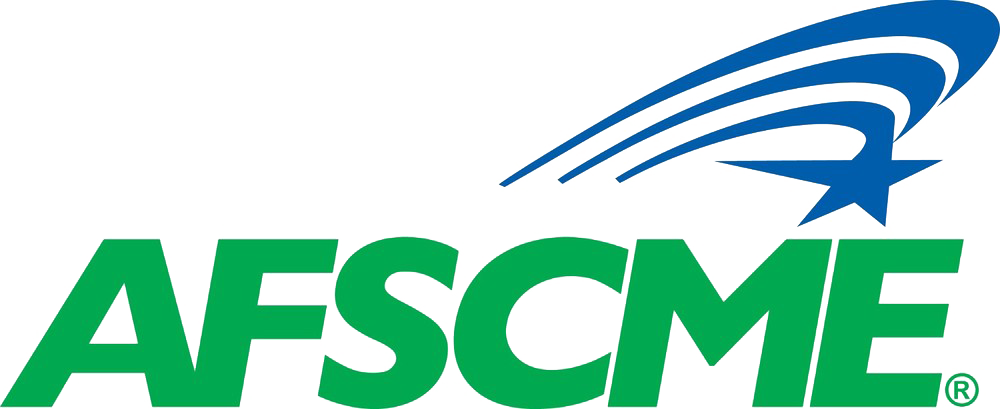In its Feb. 27 editorial (“Getting R.I.’s sheriffs in line”), The Providence Journal criticized Rhode Island’s Division of Sheriffs on the grounds that large numbers of sheriffs have been out with injuries, some for years, collecting pay tax-free. It characterized the problem as a “mess” that the incoming state police superintendent needs to “clean up.”
Our sheriffs deserve better.
The editorial unfairly compared sheriffs with state troopers, saying the latter maintains a culture of very high professional standards. Sheriffs have a very different job than troopers. Every day, sheriffs guard judges, attorneys, court staff, the public, and prisoners in dozens of courtrooms across Rhode Island. Though sheriffs are not firefighters going into burning buildings or troopers out on the highway in bad weather or beat cops dealing with troublemakers, their jobs are not less dangerous than those.
I used to be a city cop, and I certainly encountered far fewer troublemakers during an entire shift than a sheriff often does in one hour. Sheriffs are surrounded by troublemakers every minute of every shift. They are often locked in with those troublemakers — some very dangerous individuals who want nothing more than to hurt anyone who wears a uniform. Sheriffs are unarmed and their only backup is the next closest sheriff.
The Journal notes that only three out of 226 troopers were out on injured duty status last fall, while 23 out of 179 sheriffs were out on injured on duty status. It urged the incoming superintendent to “take a hard look” at the problem, because the public needs better protection.
But we should take a step back and look at the bigger picture. At this moment, 170 of the 181 sheriff positions are filled. With 10 percent of its force currently vacant, these men and women spread themselves thin because the number of open courtrooms, and individuals needing protection — as well as the threat of injury — doesn’t change based on how many sheriffs are on the job.
The sheriffs want these positions filled because manpower shortages in their line of work increases their risk of injury. And they have been asking for it for a very long time. In fact, in 2002, state police examined and reported that the department needed 212 sheriffs to perform its statewide duties. And yet we have 170 in uniform.
Sheriffs are governed by statutes that provide work-related-injury benefits to certain public employees whose jobs require them to serve the public, often in dangerous situations.
A sheriff cannot independently declare himself eligible for injured on duty benefits. When a sheriff is injured on the job, the state requires independent medical evidence that the sheriff is unable to perform his duty as a result of a line of duty injury. Second, the claim is managed by the Workers’ Compensation Court. That means that sheriffs who are injured on duty are subject to judicial oversight.
Finally, since 2011, any sheriff who is unable to return to work after 18 months must apply for retirement. If the state fails to approve the retirement and the sheriff is unable to return to full duty, that is not the sheriff’s fault. That is a legislative issue that needs to be fixed.
As The Journal suggested, it will be the superintendent’s duty to make sure that our sheriffs are properly staffed. That duty includes maintaining a full compliment of healthy sheriffs as much as it does identifying and eliminating abuse.
Those of us who spend our days in Rhode Island courtrooms are grateful for the high standards and service of our state sheriffs.
John R. Grasso is a criminal defense lawyer who retired from the police on a disability pension. Carly B. Iafrate is a labor and employment lawyer who has represented the sheriffs union.
Link to original Article in the Providence Journal - "Sheriff's Division Blameless for Injuries"
